What's driving Cement Prices in Q2 2025?
24-Jul-2025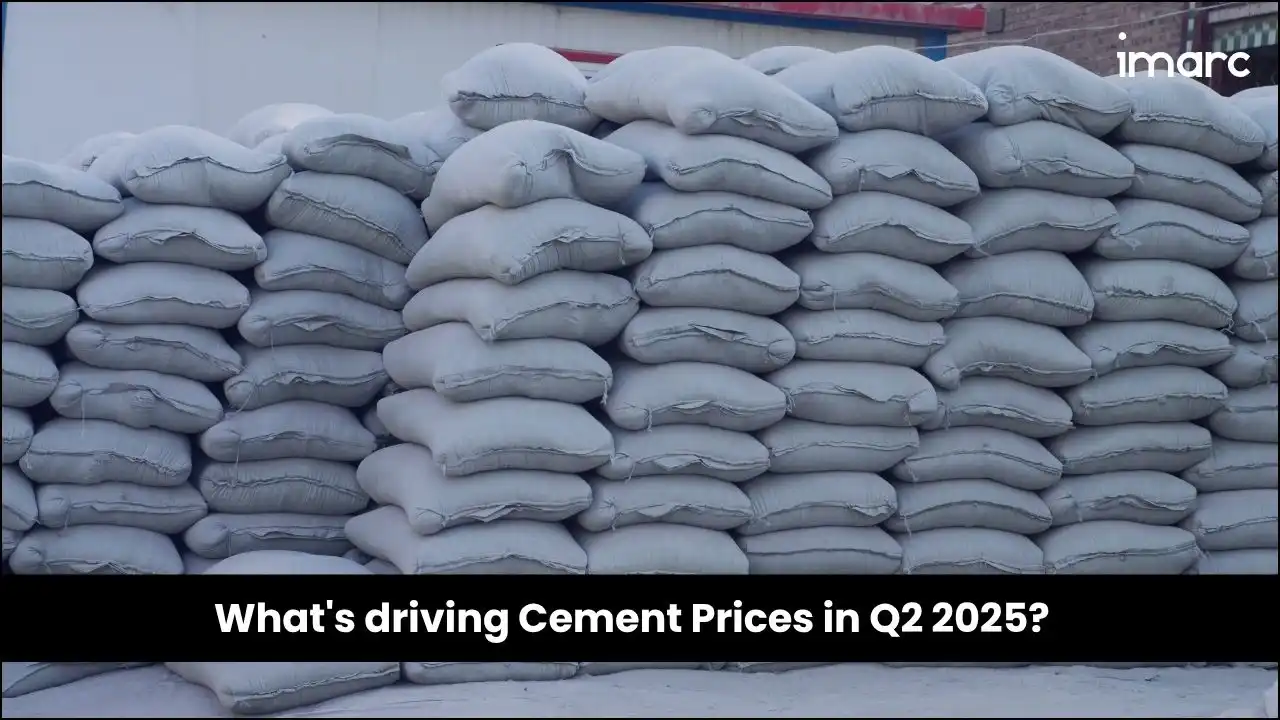
Amid tightening supply and shifting energy policies, the global cement industry is experiencing notable pricing fluctuations, according to IMARC Group’s latest publication, Cement Price Trend, Index and Forecast Data Report 2025 Edition, that provides updated insights for Q2 2025. The report highlights the way the industry is adjusting to reduced coal-fired generation, robust construction demand, and complex logistics constraints. Key markets shaping this trend include North America, Asia Pacific, and Europe, where supply limitations and infrastructure projects continue to influence pricing momentum.
Q2 2025 Cement Prices:
- USA: USD 96/MT
- China: USD 54/MT
- Germany: USD 229/MT
- United Kingdom: USD 129/MT
- Canada: USD 157/MT
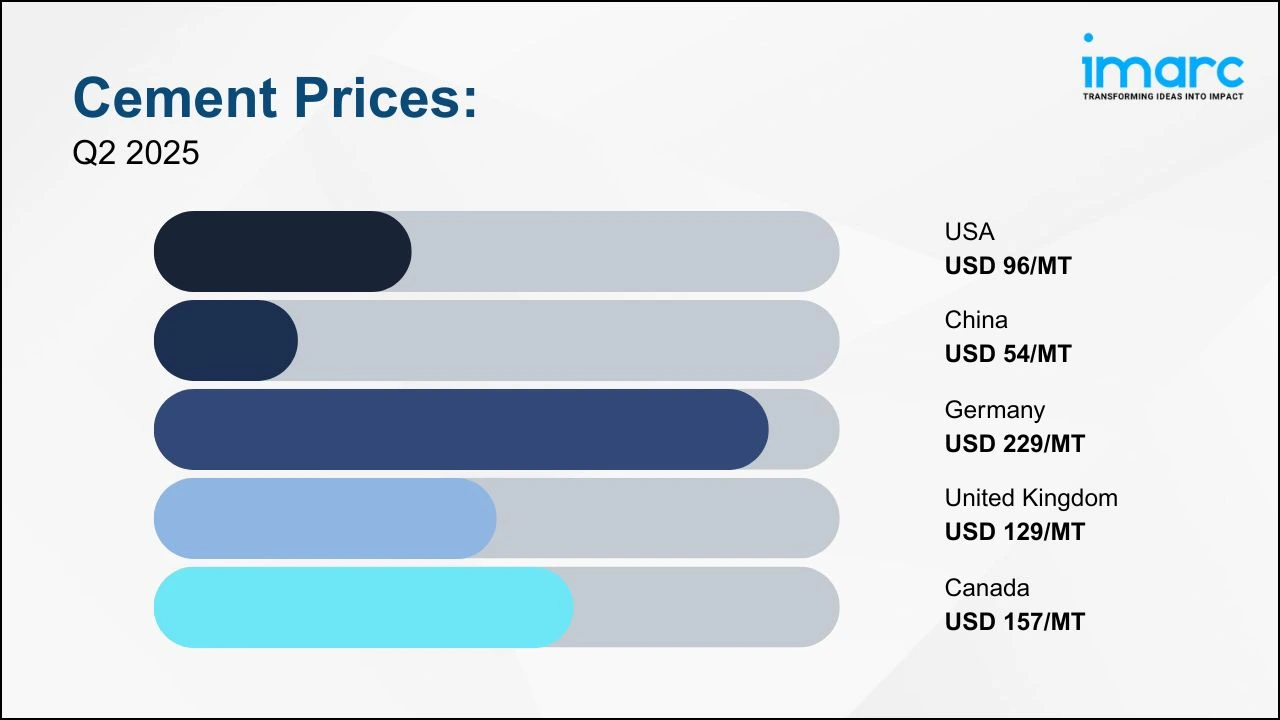
To access real-time prices Request Sample
The current cement price levels underscore the material’s essential role in high-performance sectors such as infrastructure and real estate, with consistent demand, regulatory shifts, and sustained investment contributing to a stable to upward global price trend.
Key Regional Price Trends and Market Drivers:
United States
Cement prices in the United States reached USD 96/MT in June 2025. The quarter saw modest upward movement, with steady infrastructure activity and residential demand driving consumption. Cost pressures from logistics and input materials were present but did not result in significant volatility.
China
Q2 2025 cement prices in China stabilized at USD 54/MT. Government-backed construction in urban zones supported the market, while efficient production and steady supply helped absorb input cost variations.
Germany
Prices stood at USD 229/MT in June 2025. A resilient market supported by industrial and infrastructure demand remained stable, even amid fluctuating energy and transport costs. Sustainability measures and emissions compliance added structural rigidity to production trends.
United Kingdom
Cement prices in Q2 2025 remained stable at USD 129/MT. A consistent pace in infrastructure investments and construction projects helped maintain balance in supply and demand. Stable input and freight costs contributed to predictable price behavior.
Canada
Cement prices reached USD 157/MT during Q2 2025. Growth was supported by strong metropolitan demand and stable weather, with only slight inflation from infrastructure development. Market dynamics remained calm with no major disruptions.
Cement Industry Overview:
The global cement market reached a value of USD 407.22 Billion in 2024 and is projected to grow to USD 585.64 Billion by 2033, reflecting a CAGR of 3.91% during 2025-2033. This growth is closely tied to rapid urbanization, rising infrastructure needs, and government investments in transport and housing across developed and emerging economies. Population growth and the push for urban development continue to place cement at the center of large-scale construction projects worldwide.
Key factors driving the market include sustained infrastructure spending, expansion of the real estate sector, and industrialization in countries like India and China. Additionally, increased adoption of green cement supported by regulatory frameworks, rising capital expenditure in public works, and advancements in cement production technologies are further supporting long-term market expansion.
Recent Market Trends and Industry Analysis:
The cement industry is experiencing consistent expansion driven by infrastructure growth, urban migration, and rising construction activity across emerging and developed markets. Governments are prioritizing infrastructure development, allocating significant budgets toward transportation, housing, and public utilities, creating robust demand for cement. These long-term public and private investments are fueling cement consumption, particularly in large-scale industrial, commercial, and residential projects, reinforcing the material’s importance in national development and economic resilience.
In parallel, the rise of sustainable construction practices and green building regulations is shaping production strategies and market behavior. Green cement, for instance, is gaining traction due to sustainability concerns. Rapid industrialization, especially in Asia, along with favorable government policies supporting environmentally conscious manufacturing, is contributing to this trend. Meanwhile, the real estate sector is expanding globally, directly influencing cement demand. As economies grow and consumer purchasing power increases, new construction projects continue to emerge, placing the cement industry in a strong, upward trajectory.
Strategic Forecasting and Analysis:
IMARC’s report incorporates forecasting models that project near-term price movements based on evolving trade policies, raw material supply, and technological trends. These tools enable businesses to mitigate risk, enhance sourcing strategies, and support long-term planning.
Key Features of the Report:
- Price Charts and Historical Data
- FOB and CIF Spot Pricing
- Regional Demand-Supply Assessments
- Port-Level Price Analysis
- Sector-Specific Demand and Supply Insights

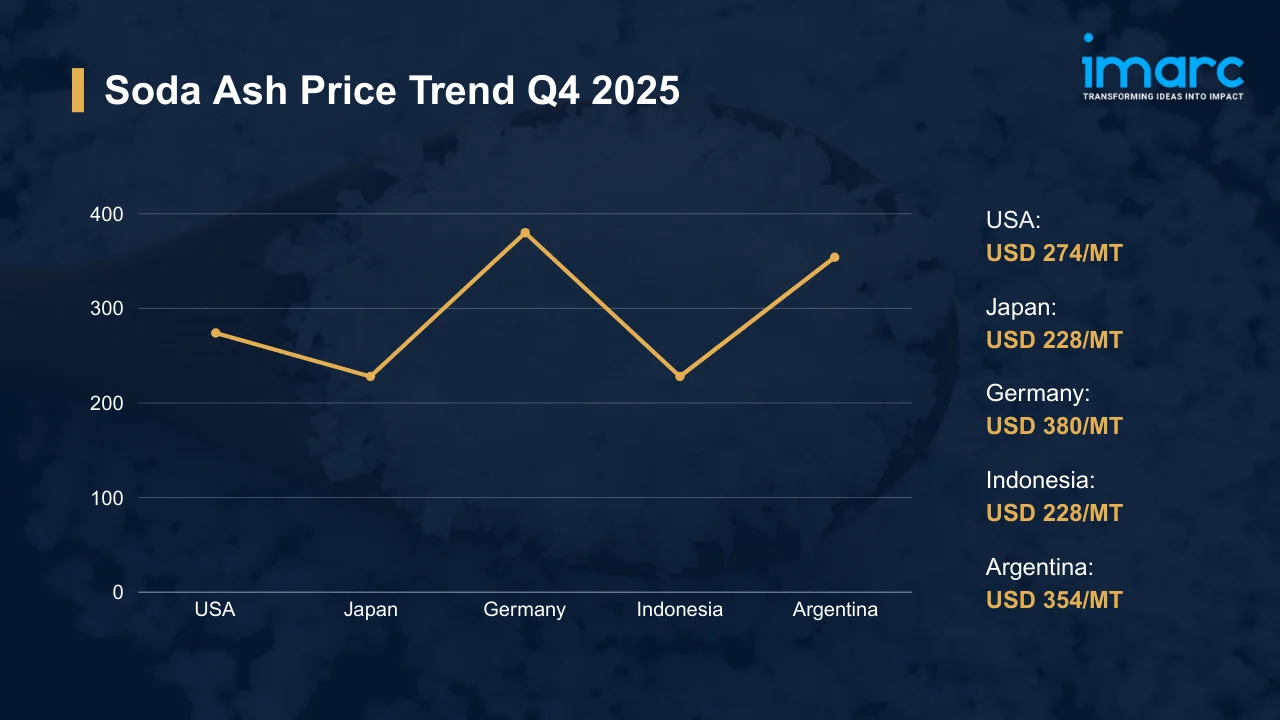
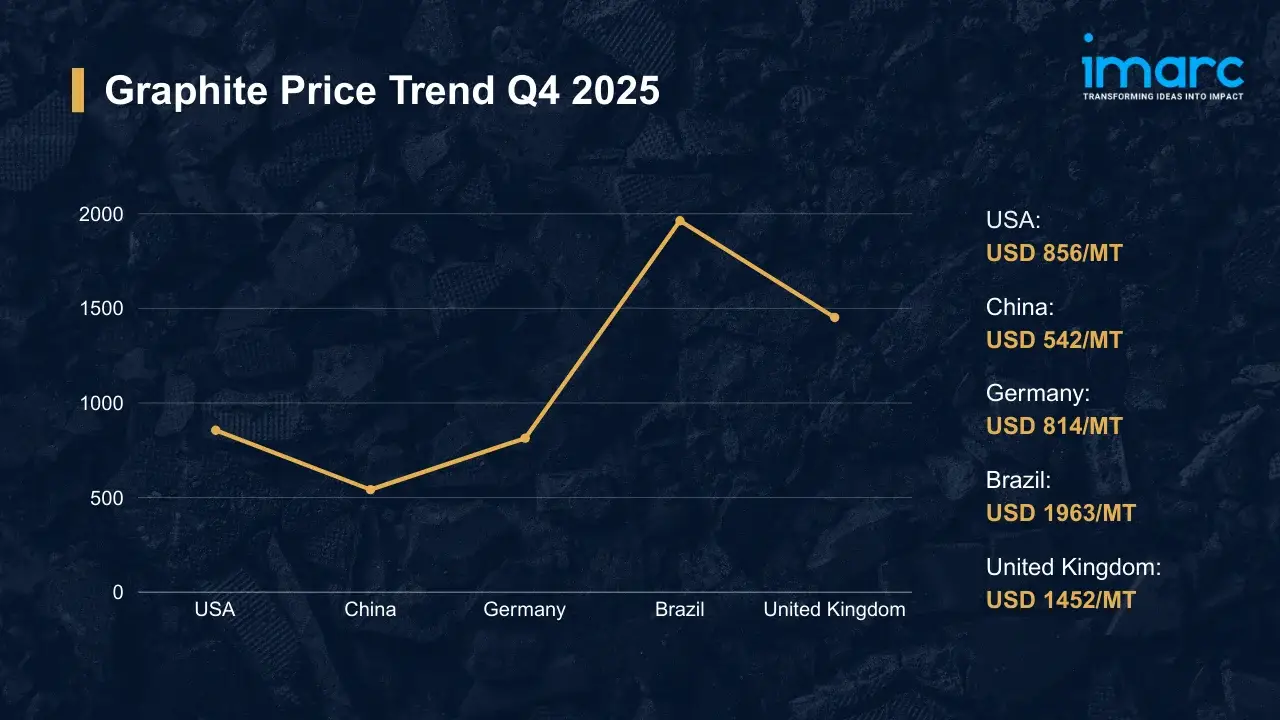
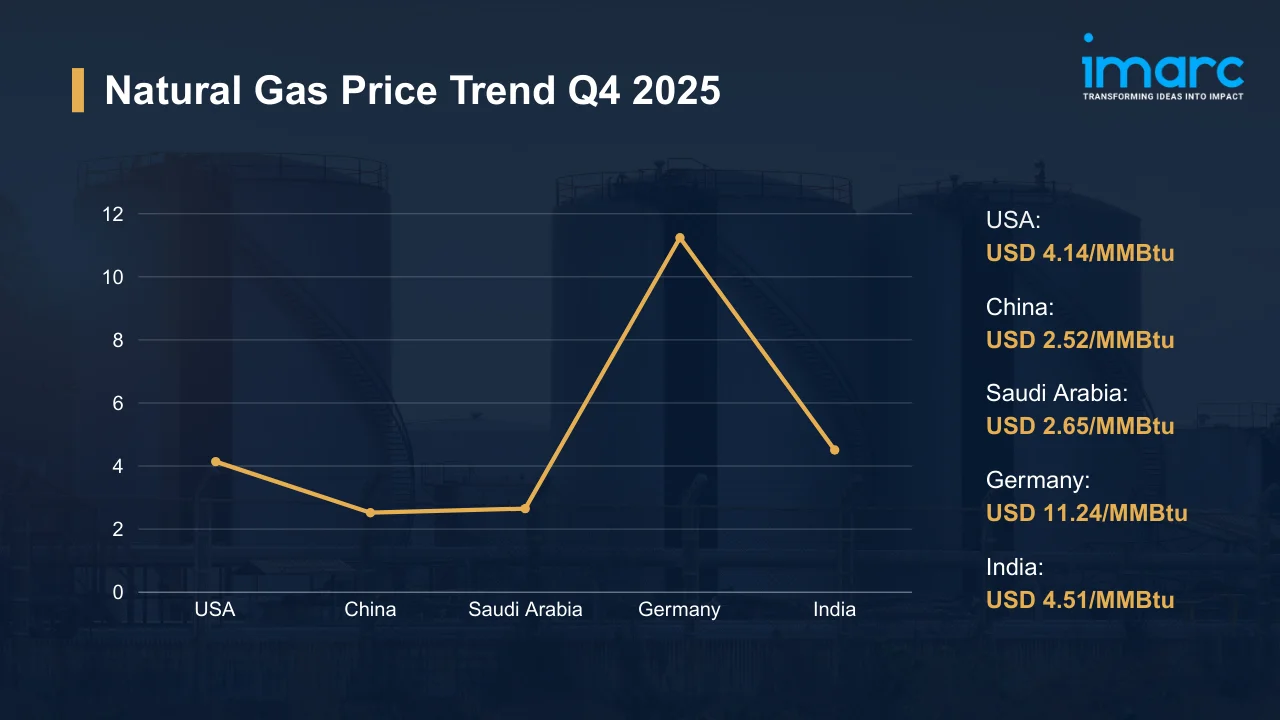




.webp)




.webp)












